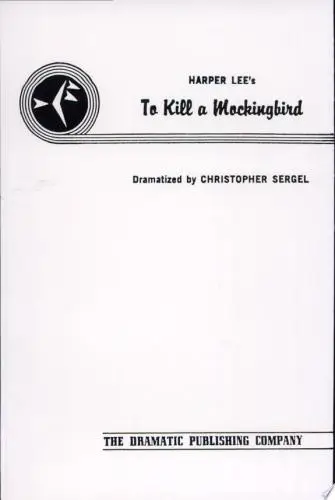To Kill a Mockingbird
What's it about?
To Kill a Mockingbird explores themes of racial injustice, moral growth, and empathy through the eyes of Scout Finch, a young girl in the Deep South during the 1930s. As you journey with Scout and her brother Jem, you’ll encounter the complexities of human behavior and the importance of standing up for what is right. This novel encourages you to question societal norms, understand different perspectives, and appreciate the value of compassion. Through Atticus Finch’s guidance, you’ll learn that real courage is doing what is right, even when it’s difficult.
About the Author
Harper Lee, an American novelist, is best known for her Pulitzer Prize-winning novel "To Kill a Mockingbird," which explores themes of racial injustice and moral growth in the Deep South. Her writing is characterized by its empathetic narrative, intricate character development, and insightful social commentary.
10 Key Ideas of To Kill a Mockingbird
Walking in Another's Shoes
Understanding others requires stepping into their shoes and seeing the world from their perspective.
Think of Scout's journey in realizing Boo Radley's humanity; she learns empathy by seeing life through Boo's eyes, transforming her fear into understanding.
- Builds empathy: By considering others' experiences, we deepen our compassion.
- Dismantles prejudice: Misjudgments dissolve when we appreciate diverse perspectives.
- Fosters connection: Putting oneself in another's position strengthens interpersonal bonds.
Choose someone you're quick to judge today and jot down three possible reasons for their actions that reflect their unique circumstances.
Avoid assuming you fully understand another's experience; rather, approach with curiosity and a readiness to learn.
Courage in Silence
True bravery often comes without fanfare, manifesting in silent acts of resolve.
Consider Atticus Finch’s quiet courage in defending Tom Robinson; he stands steadfast for justice, undeterred by the cacophony of public scorn.
- Defines moral strength: Courage is doing what's right, even when it's not celebrated.
- Contrasts superficial bravery: Silent resilience often outshines loud proclamations.
- Inspires through example: Quiet determination sets a powerful precedent for others to follow.
Identify a situation today where you can silently uphold your values, despite external pressures.
Don't equate loudness with strength; remember, true courage often speaks softly, but acts boldly.
Innocence as a Lens
Viewing the world through the lens of innocence reveals hope and possibility even amidst darkness.
Recall how Scout and Jem witness the complexities of good and evil, yet their youthful innocence uncovers beauty in human nature's midst.
- Unveils simplicity: An innocent perspective clarifies complex issues to their core.
- Restores hope: Finding purity amidst chaos fuels optimism for change.
- Reveals authenticity: Children tend to see truth without pretense, often more clearly than adults.
Approach a dilemma today with childlike wonder, focusing on simple truths rather than complications.
Don't dismiss the simplicity of innocence as naïveté; instead, embrace it as clarity unburdened by cynicism.
Deeper knowledge. Personal growth. Unlocked.
Unlock this book's key ideas and 15M+ more. Learn with quick, impactful summaries.
Read Full SummarySign up and read for free!
To Kill a Mockingbird Summary: Common Questions
"Until I feared I would lose it, I never loved to read. One does not love breathing." This line from To Kill a Mockingbird encapsulates the innate human experience of understanding and losing the things we cherish. The novel, set in the Deep South during the 1930s, revolves around Scout Finch, a young girl whose coming-of-age story is intertwined with themes of racial injustice and moral growth as seen through her father, Atticus Finch.
What truly had me hooked was the courtroom drama revolving around the trial of Tom Robinson, an African American man unjustly accused of raping a white woman. Atticus's unwavering commitment to justice and** integrity** amidst societal prejudice left me both inspired and frustrated. I found myself scratching my head over the hypocrisy of some characters in the story, like the community's reaction to the trial, reflecting the complexities of human morality and injustice. The vivid portrayal of Scout's innocence contrasted sharply with the harsh realities surrounding race and social class, making me ponder the deeper societal implications of the narrative.
Overall, To Kill a Mockingbird is a powerful exploration of compassion, empathy, and the loss of innocence. For fans of The Help by Kathryn Stockett or The Color Purple by Alice Walker, this becomes a recommended must-read that challenges us to confront uncomfortable truths about our own society. I’d say it’s a classic that every reader should experience, their perspectives transformed through Scout’s eyes.
Experience Personalized Book Summaries, Today!
Discover a new way to gain knowledge, and save time.
Sign up for our 7-day trial now.
No Credit Card Needed

Similar Books

The White Night of St. Petersburg
Michel (Prince of Greece)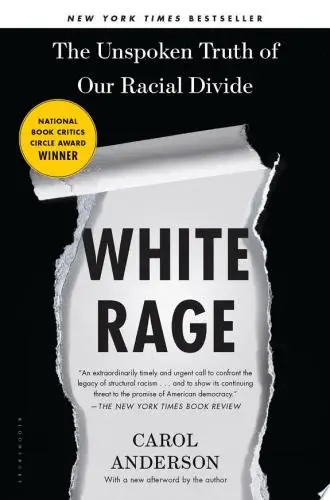
White Rage
Carol Anderson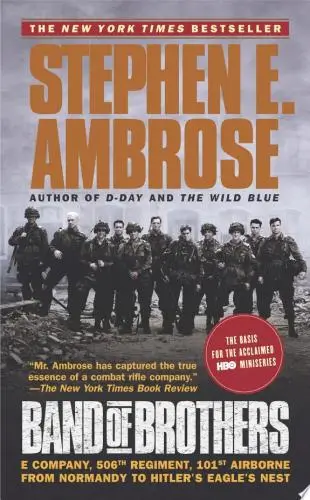
Band of Brothers
Stephen E. Ambrose
Defining Sexism
Elizabeth Hall Magill
Class Matters
The New York Times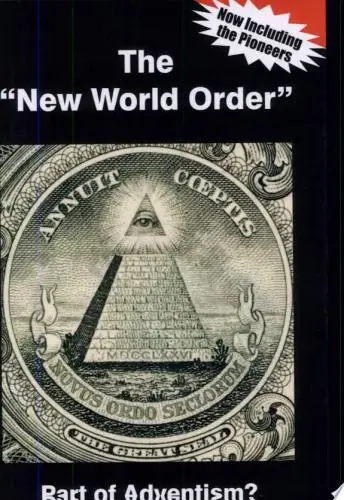
The New World Order
Allen Roesch
Irvine Welsh
Robert Morace
Introduction to Daisy Jones & The Six
Gilad James, PhD
The Papers of Martin Luther King, Jr., Volume I
Martin Luther King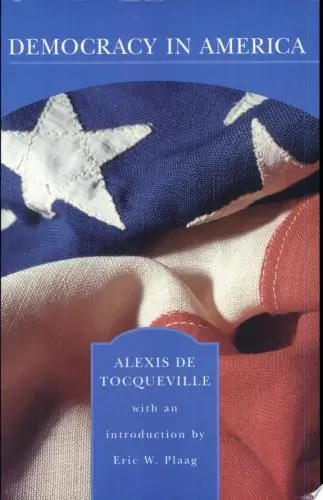
Democracy in America
Alexis de TocquevilleTrending Summaries

Peak
Anders Ericsson
Never Split the Difference
Chris Voss
Smart Brevity
Jim VandeHei
The Psychology of Money
Morgan Housel
The First 90 Days
Michael D. Watkins
Atomic Habits
James Clear
Thinking, Fast and Slow
Daniel Kahneman
The Body Keeps the Score
Bessel van der Kolk M.D.
The Power of Regret
Daniel H. Pink
The Compound Effect
Darren HardyNew Books

Forex Trading QuickStart Guide
Troy Noonan
Comprehensive Casebook of Cognitive Therapy
Frank M. Dattilio
The White Night of St. Petersburg
Michel (Prince of Greece)
Demystifying Climate Models
Andrew Gettelman
The Hobbit
J.R.R. Tolkien
The Decision Book
Mikael Krogerus
The Decision Book: 50 Models for Strategic Thinking
Mikael Krogerus
Fichte
Johann Gottlieb Fichte
Do No Harm
Henry Marsh
